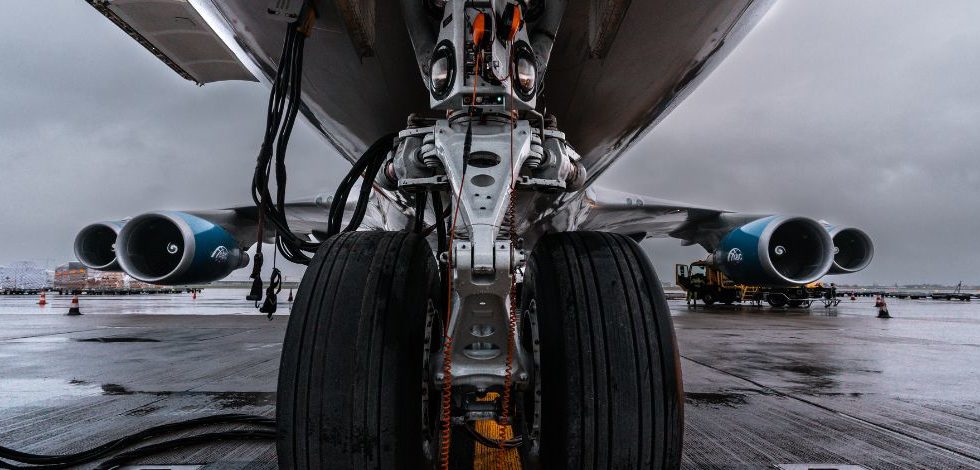With many in the computer science industry naming the metaverse as the next iteration of the internet it should come as no surprise that this concept is projected to grow from USD 22.79 billion in 2021 to USD 996.42 billion in 2030 according to GlobalData.
This prediction denotes that the hype around this ever-emerging global technological phenomenon is still on the rise. As a direct result, innovation of the components that make up this multifaceted notion are and will need to continue to be advanced to facilitate its unprecedented evolution.
The concept
In 2022 the word ‘metaverse’ came second in Oxford English Dictionary’s Word of the Year, although its inception came in 1992 as it was a term coined in Neal Stephenson’s cult science-fiction novel “Snow Crash”. This story denotes the tale of the lead character running around in an artificial cyber world, trying to stop a virus that wipes minds. In contrast, the meaning of metaverse today commonly refers to a single or shared immersive virtual space where people can experience life in a way not possible in the physical world.
Melanie Subin, the director of consulting for the Future Today Institute, told The New York Post she believes “a large proportion of people will be in the metaverse in some way” by 2030. While many will be using it only for work, she believes that it will play a bigger role for others.
No doubt with a term not owned by one but everyone, interpretation of this ever-evolving concept will unfold over the years and even generations to come.
The technology
Due to the nascent nature of the metaverse, technologies that fall under this umbrella term are not definitive. In fact, the majority of the recent advances in computer science will no doubt in some way form part of this unique opportunity to build a more diverse, internationally sustainable, and inclusive future.
UK-based companies and institutions are actively researching and developing technologies to enable the metaverse to come to life and be accessible to all. This includes advancing several of these existing practices from virtual and augmented reality to other advanced internet and semiconductor technologies.
It is the opportunity to blend seamlessly these digital technologies with additional notions such as cryptocurrency, spatial computing, and Web3. Consequently, the goal is to generate a sense of immersion in technology beyond the likes we have ever seen before. Many industry experts also note that the technology to fully realize the potential of the metaverse doesn’t exist yet. Advancements will be required in computing infrastructure, network infrastructure, and interface hardware.
The innovation of digital twins
Many of the larger players within the technology sphere have already started their metaverse journeys including Microsoft, Apple, Unity Software, and of course Meta itself, Facebook Inc’s new moniker as of 2021. Several other companies are now realising the benefits of this concept also and are developing in areas such as ‘Digital Twins’. Alongside these, a survey of 150 aerospace and defence organisations, 80% had an ongoing digital twin program, with the rest planning to start one.
A ‘Digital Twin’ is a virtual representation that serves as the digital counterpart of a physical object or process. For instance, a company could construct a virtual version that lays out exactly how a factory or construction site would look before physically undertaking any work and outlaying any substantial sum of money. At Ayming some of the research and development efforts we are seeing first-hand from our clients include those in the construction and civil engineering industries.
Many of these businesses undertake hundreds of projects every year across the UK and beyond. The majority are multimillion-pound engagements spanning several years meaning planning these vast projects with pen and paper is not practical, accurate, or time-efficient. Therefore, an increasing number of them are seeking to develop ‘Digital Twins’ to allow a fully digital version of its physical construction site to be depicted in a virtual reality environment in immense detail down to the milliammeter thickness of pavements.
Whilst there are ‘Digital Twin’ technologies in the public domain it is a developing concept. This means openly available information as to how to develop a ‘Digital Twin’ capable of certain features, such as being highly secure while having multi-user interactivity in real-time as well as being extremely accurate and usable on a construction site with limited connectivity and technology, is not always known.
What’s next?
More so than ever a range of consumer-facing premises are leaning into the world of the metaverse and are having to adapt to this ever-innovative concept. From high street shops to educational providers there are a number of technical themes that form this still futuristic concept for many. Mark Zuckerberg has even stated that we ‘will migrate into the metaverse in the future, leaving reality behind for a world that we create and govern entirely’.
With the metaverse evolving at an immense speed by not just one but several hundred companies and individuals, will this term ever be finite or will it be as infinitive as the technologies that underpin it? Ayming looks forward to seeing what is next in this space through working with clients across a cross-section of industries from manufacturing to fintech and helping these realise the benefits of R&D incentives available to many of those innovating this notion.
For more insights from our expert Tech and IT team, visit our IT & Tech content library.














No Comments